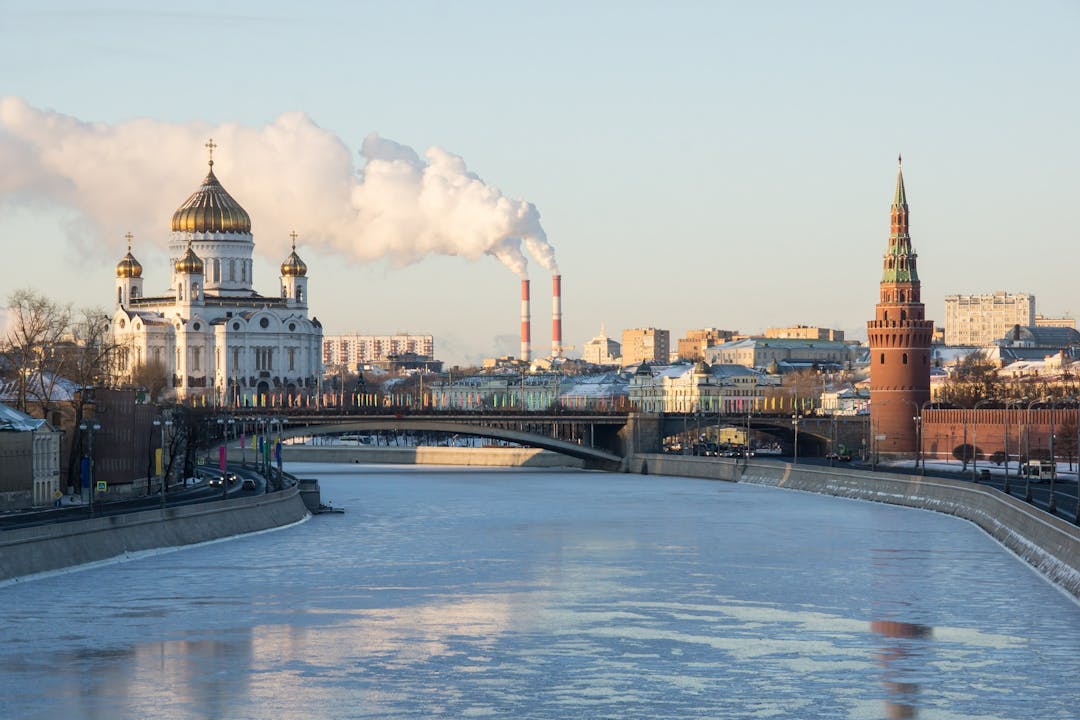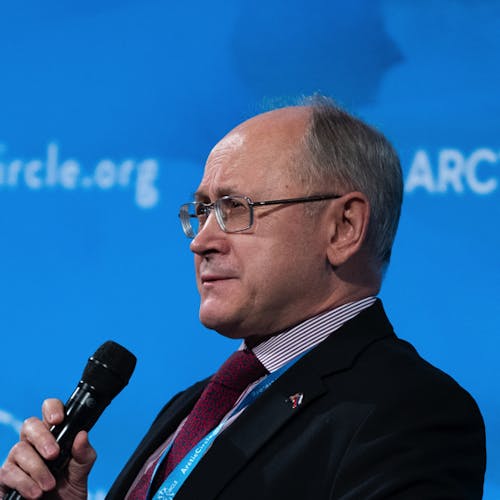Some important events of 2020 were obscured by the COVID-19 pandemic. Russia taking a series of impressive strategic and practical decisions on its policies in the Arctic up to 2035 definitely was one of them. The new strategy builds on the previous documents of 2008 and 2013. The very fact that 2020 objectives of the previous documents were met highlights the cohesion of policy and reliability of policy planning. Therefore, the strategy update by the leading Arctic state is a noteworthy act by itself that makes the situation 15 years ahead more predictable.
The new “Fundamentals” of the Russian state policy in the Arctic up to 2035 expand the list of basic national interests in the region from previous four - resources for economic development; keeping the Arctic as a zone of peace and cooperation; protecting environment; Northern Sea Route - to six, adding safeguarding national sovereignty and assuring high life standards of the Northerners. The novelties reflect an appearance of conflict potential and national security threats in the Arctic. They also reflect a shift in Russian domestic politics by making consumption a stronger factor of economic growth, as well as attracting people to the High North.
A set of measures to restore and strengthen military presence in the Arctic is provided. These measures are of a clear defensive nature and serve the goal of prevention of military action against Russia in the region. However, the key messages of the updated documents are;
- Peaceful settlement of all potential problems in the Arctic on the basis of existing international law and good will;
- Promotion of good neighborhood relations among the Arctic states;
- Supporting the Arctic Council (AC) as a key regional cooperation body; - More economic collaboration of the Arctic Zone of the Russian Federation (AZRF) with the Arctic and non-regional countries;
- Protection of the interests of indigenous peoples and environment.
The new “Strategy” of development and national security up to 2035 provides for among other things;
- Effective Russian chairmanship of the AC in 2021-2023;
- Inviting foreign investment into AZRF;
- Creation of a unified system of search and rescue in the Arctic;
- More active role of the Arctic Economic Council;
- Further promotion of the regional scientific and educational cooperation;
- Active participation of the Russian governmental agencies and NGOs in various international forums on the Arctic.
The most interesting and far-reaching steps are taken to assure a “big leap forward” in economic and social development for the next 15 years, and its geographic and time layout is notably detailed, suggesting high level of planning coordination within federal agencies and regions. Among the projected outcomes;
- Arctic share in Russian GDP is supposed to grow from 7.2 to 9.6 per cent;
- 200.000 new jobs will be created;
- Life expectancy will rise from 73 to 82 years;-
- Cargo shipments on the NSR will increase from 32 million to 130 million tons (including transit - from 1 to 10 million tons);
- LNG production will jump from 8,6 in 2018 to 91 million tons;
- 8 new nuclear icebreakers shall be built, including 3 world’s largest “Leader” class vessels.
A breakthrough is expected in building safety, security and port infrastructure of the NSR, in bringing innovations, development of science and technology, including reaching 100 per cent families internet coverage, in health care, education and other social infrastructure. Many prominent undertakings are under way. One of them, Vostok Oil by Rosneft in the Taimyr region, with production of more than 100 million tons of top-quality oil by 2035, promises to be the largest single project in Russian history.

